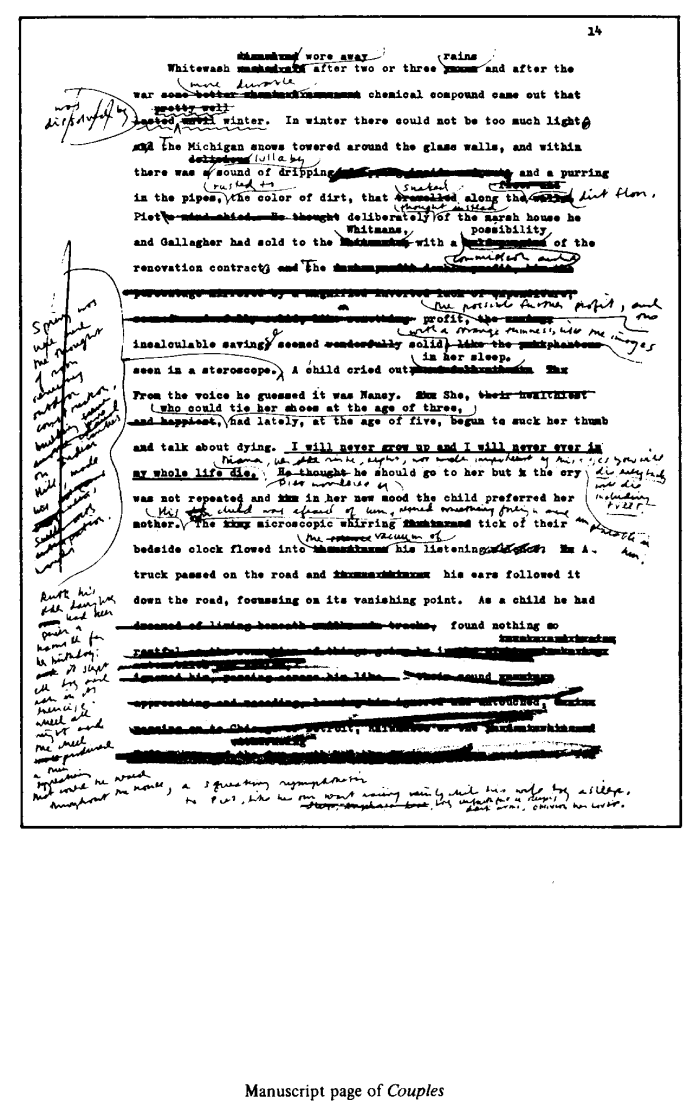I came across this gem on the always excellent Brain Pickings website. You too, should read the content here on a regular basis, your life will be more interesting for it.
You can also follow Maria Popova on twitter at @brainpicker
If you want to read more on Updike you can read an excellent interview with him the from phenomenal Paris Review here. In the 1967 interview at Martha's Vineyard the interviewer asked him (among many questions) why he writes so much literary criticism.
His response:
"I do it (a) when some author, like Spark or Borges, excites me and I want to share the good news, (b) when I want to write an essay, as on romantic love, or Barth's theology, (c) when I feel ignorant of something, like modern French fiction, and accepting a review assignment will compel me to read and learn."
From Updike:
My rules, drawn up inwardly when l embarked on this craft, and shaped intaglio- fashion by youthful traumas at the receiving end of critical opinion, were and are:
To these concrete five might be added a vaguer sixth, having to do with maintaining a chemical purity in the reaction between product and appraiser. Do not accept for review a book you are predisposed to dislike, or committed by friendship to like. Do not imagine yourself a caretaker of any tradition, an enforcer of any party standards, a warrior in an idealogical battle, a corrections officer of any kind. Never, never (John Aldridge, Norman Podhoretz) try to put the author ‘in his place,’ making him a pawn in a contest with other reviewers. Review the book, not the reputation. Submit to whatever spell, weak or strong, is being cast. Better to praise and share than blame and ban. The communion between reviewer and his public is based upon the presumption of certain possible joys in reading, and all our discriminations should curve toward that end.
- Try to understand what the author wished to do, and do not blame him for not achieving what he did not attempt.
- Give him enough direct quotation–at least one extended passage–of the book’s prose so the review’s reader can form his own impression, can get his own taste.
- Confirm your description of the book with quotation from the book, if only phrase-long, rather than proceeding by fuzzy precis.
- Go easy on plot summary, and do not give away the ending. (How astounded and indignant was I, when innocent, to find reviewers blabbing, and with the sublime inaccuracy of drunken lords reporting on a peasants’ revolt, all the turns of my suspenseful and surpriseful narrative! Most ironically, the only readers who approach a book as the author intends, unpolluted by pre-knowledge of the plot, are the detested reviewers themselves. And then, years later, the blessed fool who picks the volume at random from a library shelf.)
- If the book is judged deficient, cite a successful example along the same lines, from the author’s ouevre or elsewhere. Try to understand the failure. Sure it’s his and not yours?

No comments:
Post a Comment